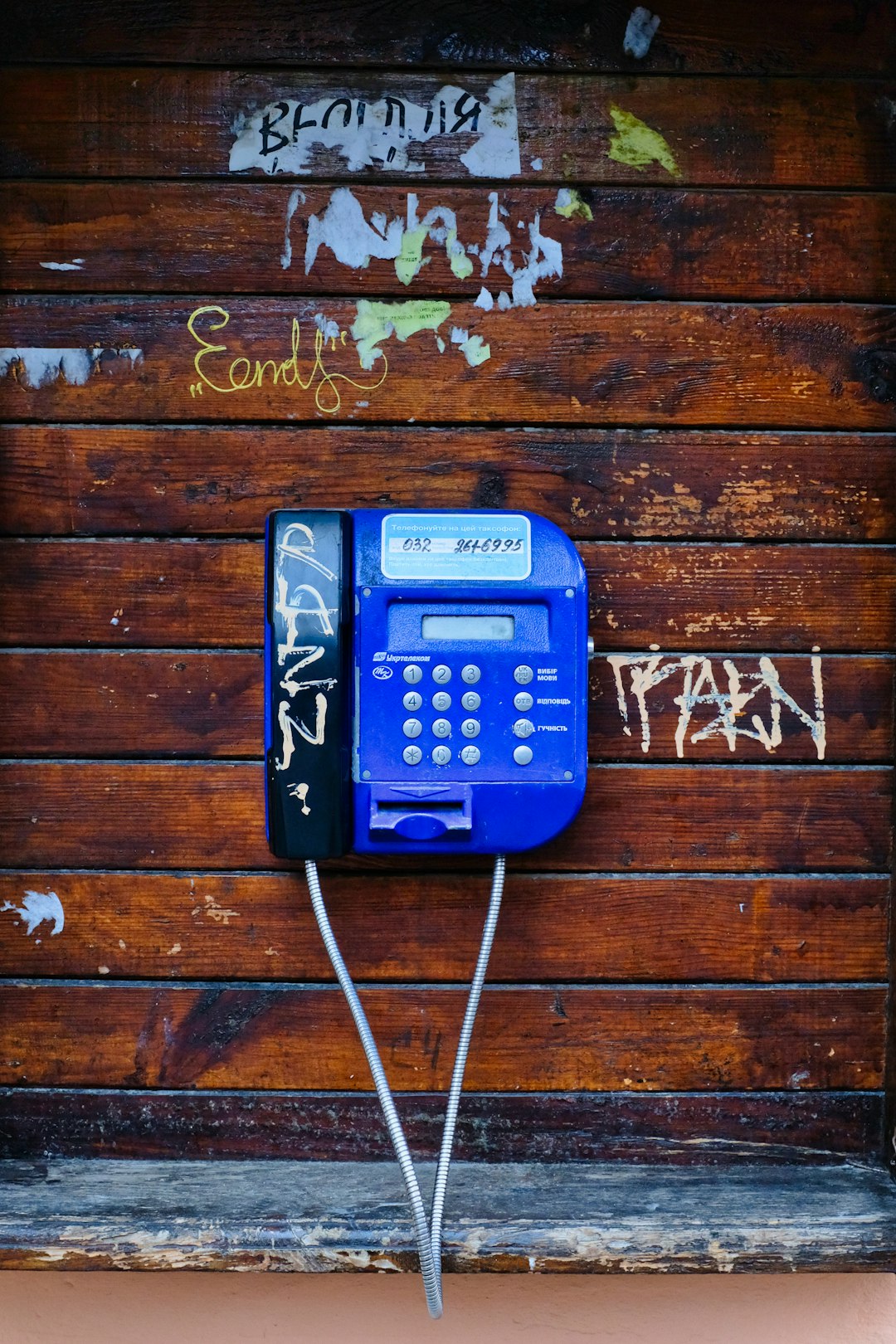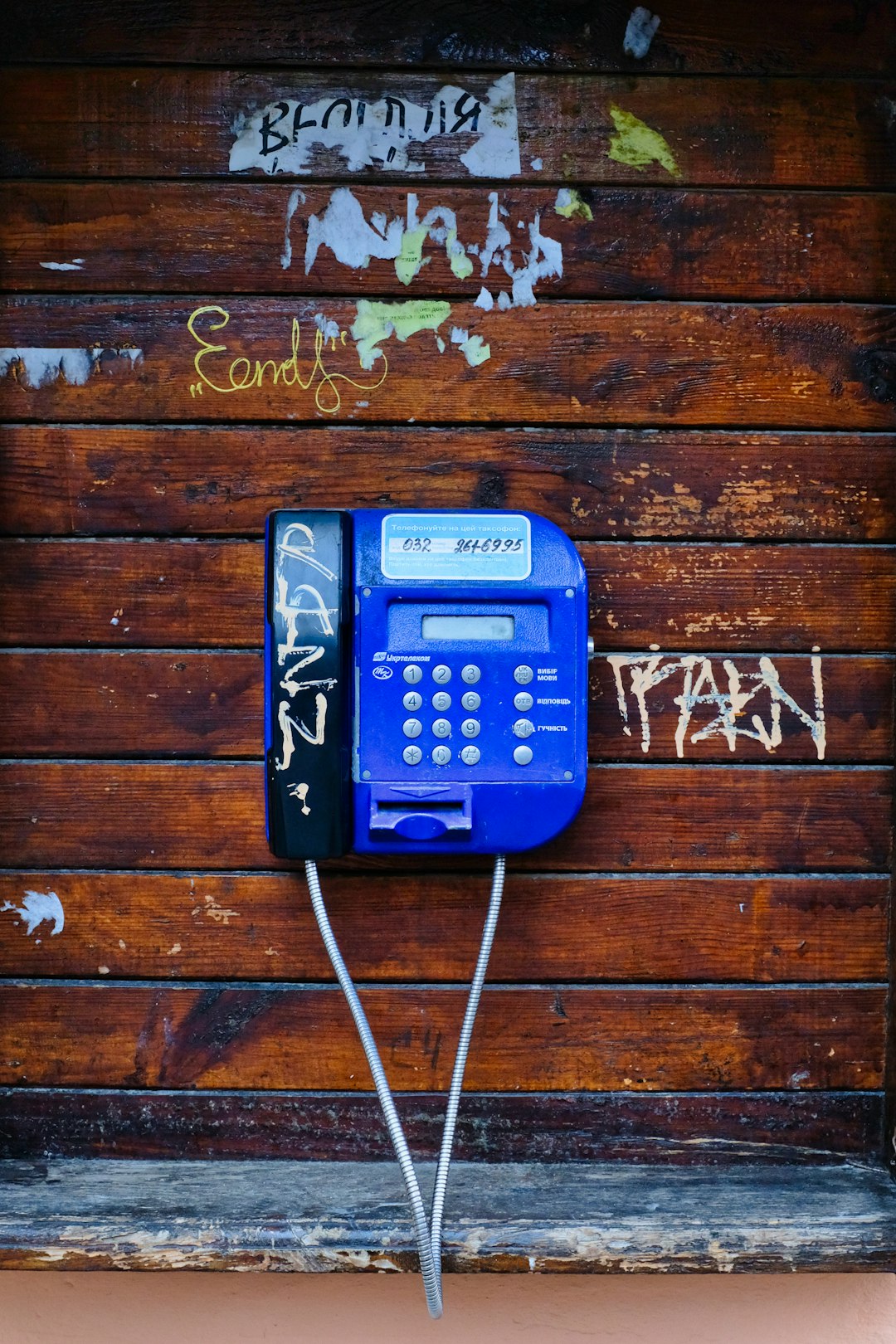Robocalls pose significant challenges for consumers in Kentucky and nationwide, leading to frustration and potential financial loss. In response, states like Kentucky have implemented legislation, such as the Telephone Consumer Protection Act (TCPA), to protect residents from excessive or fraudulent calls. Consulting with a specialized robocall attorney in Kentucky is crucial for asserting privacy rights and stopping unwanted calls. Both businesses and individuals can benefit from these experts' guidance in navigating TCPA regulations, drafting policies, and taking action against repeat offenders. RiverPark Center in Owensboro has adopted advanced call screening systems to protect patrons, setting a model for consumer protection and encouraging the use of robocall attorney services. A multi-faceted approach, including noise control, technology, education, and security audits, is essential for creating distraction-free public spaces.
In today’s digital age, unwanted robocalls have become a ubiquitous nuisance, with consumers often feeling helpless against their relentless tide. Owensboro’s RiverPark Center takes a proactive stand by implementing a sophisticated call screening system to protect its patrons from these intrusive messages. This article explores the growing issue of robocalls, delving into legal protections available to Kentucky residents and highlighting the crucial role a robocall attorney can play in navigating complex laws. We also discuss best practices for public spaces aiming to safeguard their visitors from unwanted calls.
Understanding Robocalls and Their Impact on Consumers

Robocalls, or automated phone calls, have become a ubiquitous part of modern communication, often delivering pre-recorded messages en masse. While they can be useful for businesses to reach a wide audience, robocalls also pose significant challenges for consumers. In Kentucky and across the nation, these automated calls can range from marketing and fundraising efforts to scam artists trying to trick unsuspecting individuals into revealing personal information or making financial decisions. The impact of robocalls on consumers is substantial; they can cause frustration, waste time, and even lead to financial loss.
With the rise of technology, sophisticated robocallers employ advanced techniques to bypass traditional call-blocking methods, making it more difficult for individuals to manage these unwanted calls. This has prompted many consumers to seek assistance from a robocall attorney to protect their rights and understand their legal options. In response, various states, including Kentucky, have implemented legislation to combat the issue, offering some relief to citizens facing excessive or fraudulent robocalls.
Legal Protections for Kentucky Residents Against Unwanted Calls

In Kentucky, residents have legal protections against unwanted phone calls, particularly from automated or prerecorded messages known as robocalls. The Telephone Consumer Protection Act (TCPA) prohibits such calls unless the caller has obtained prior express consent from the recipient. This includes calls for marketing purposes and is enforced by strict penalties, including treble damages, which can significantly compensate victims for each violation.
If you’re a Kentucky resident and feel your privacy rights have been infringed upon by robocalls, consulting with a robocall attorney in Kentucky could be beneficial. Legal experts specializing in TCPA cases can guide individuals through the process of filing complaints and seeking redress, ensuring that their rights are protected and that unwanted calls stop.
The Role of a Robocall Attorney in Navigating Legal Options

In today’s digital era, robocalls have become a pervasive issue, especially for businesses aiming to protect their patrons’ rights and privacy. When it comes to navigating the legal complexities surrounding robocall attorney services in Kentucky, having a specialized legal team is crucial. A robocall attorney acts as a guardian, guiding clients through the maze of laws and regulations designed to mitigate unwanted automated calls.
By engaging a robocall attorney in Kentucky, businesses operating within RiverPark Center or any other location can ensure they stay compliant with relevant legislation like the Telephone Consumer Protection Act (TCPA). These legal experts can help draft and implement do-not-call policies, offer advice on caller ID display requirements, and take necessary actions against repeat offenders. This proactive approach not only protects patrons but also fosters a positive reputation for the center as a safe and respectful space.
How RiverPark Center's Call Screening System Works

RiverPark Center, a vibrant hub in Owensboro, Kentucky, has implemented a robust call screening system to protect its patrons from unwanted robocalls. This innovative approach acts as a first line of defense against aggressive marketing calls and fraudulent schemes that often target unsuspecting individuals. The process is simple yet effective; incoming calls are screened through advanced technology that identifies and filters out automated robocallers, ensuring only legitimate communications reach the intended recipients.
The system operates discreetly in the background, analyzing each incoming call’s unique patterns and signatures to determine its origin. If a call is flagged as a potential robocall or spam, it is automatically routed to a specialized team or blocked altogether. This proactive measure allows patrons to enjoy their time at RiverPark Center without the hassle of persistent calls, fostering an environment that prioritizes customer experience and peace of mind.
Protecting Patrons: Best Practices for Public Spaces

In public spaces like Owensboro’s RiverPark Center, protecting patrons from unwanted intrusions, such as robocalls, is a multifaceted endeavor. Best practices include implementing robust noise control measures to minimize external distractions. This can be achieved through strategic placement of speakers and sound-absorbing materials, ensuring a peaceful environment for all visitors. Additionally, utilizing advanced phone screening technologies can help block automated calls effectively. Collaborating with local robocall attorney firms in Kentucky can provide valuable legal support and guidance on implementing anti-robocall measures.
Another crucial strategy is to educate patrons about the available tools and features designed to combat unwanted calls. RiverPark Center management should promote the use of do-not-disturb modes, call blocking apps, and opt-out registries. By empowering patrons with knowledge, the venue can create a more welcoming and distraction-free atmosphere. Regular security audits and updates on privacy policies will also demonstrate a commitment to protecting visitor experiences, fostering trust in the facility’s management.






